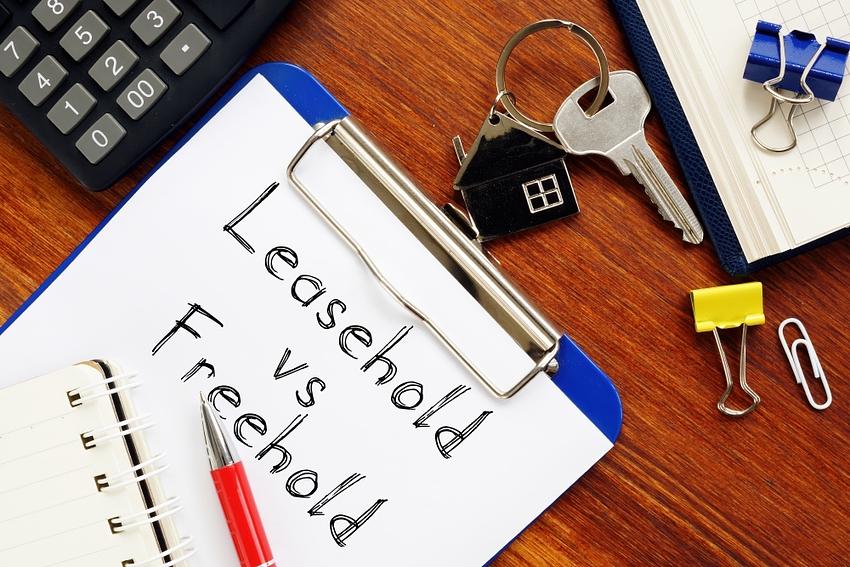Real estate legislation in Thailand operates within a comprehensive framework of laws and regulations, serving to safeguard the interests of both local and international property investors. Among these regulations, the Thailand Land Code assumes a central role, delineating the protocols and processes associated with land ownership and property transactions. In parallel, the Condominium Act plays a pivotal role in regulating the ownership and management of condominiums, which often attract foreign investors. Thailand's legal landscape also encompasses legislation governing leases, zoning, and environmental concerns, all of which bear significance in the realm of real estate transactions. Foreign investors need to be cognizant of land ownership restrictions, given that Thai law generally prohibits direct land ownership by foreign individuals; however, they are permitted to possess buildings and structures on leased land. To navigate this intricate legal terrain and ensure adherence to Thai real estate laws, the engagement of qualified legal counsel and diligent due diligence is indispensable.




